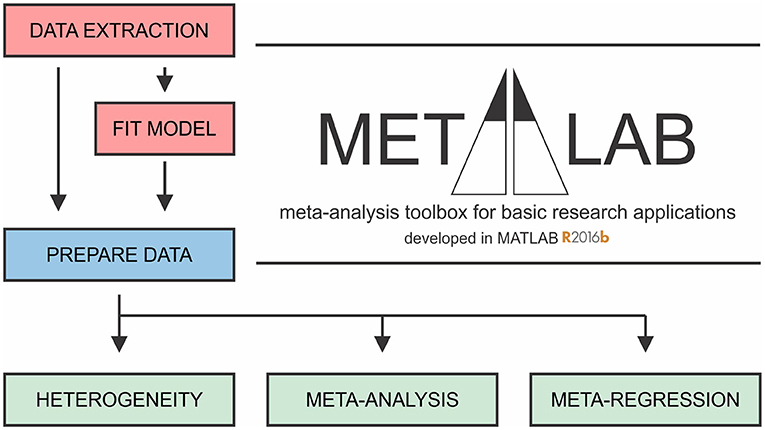

The type and level of behavior support provided for any student must match the intensity of his or her needs. It is critical to consider the local culture and context throughout the decision-making process to ensure equitable outcomes for all students and staff. School-wide PBIS schools collect and use data to guide their implementation and evaluate outcomes. On-going data-based problem-solving routines.They also serve as the foundation to establish These systems create the ability to deliver Tier 1, Tier 2, and Tier 3 practices. Schools invest in the administrative, professional, and organizational systems critical to sustain PBIS implementation. Establish a continuum of response strategies to provide specific feedback, re-teach contextually appropriate behavior, and discourage contextually inappropriate behavior.Establish a continuum of recognition strategies to provide specific feedback and encourage contextually appropriate behavior.Explicitly teach school-wide expectations and other key social, emotional, and behavioral skills to set all students up for success.Establish 3-5 positively-stated school-wide expectations and define them for each school routine or setting.Document a shared vision and approach to supporting and responding to student behavior in a mission or vision statement.When it comes to school-wide practices, all schools: Demonstrated through research to be effectiveīecause PBIS is not a packaged curriculum or intervention, schools implement the core features of evidence-based practices in a way that fits with the schools’ cultural values.Documented with how and for whom to use them.Specifically, they invest in practices that are: Schools implementing PBIS select, implement, monitor, evaluate, and adapt the evidence-based practices they use in their settings. Schools select the outcomes to target based on data they find meaningful, culturally equitable, and centered on students’ achievements or school-level implementation.

Setting observable and measurable goals helps schools hold themselves accountable to creating the kind of place where every student succeeds.

Data to monitor effective and equitable implementation and to guide decision making.Locally-meaningful and culturally-relevant outcomes.The four critical features of SW-PBIS include:


 0 kommentar(er)
0 kommentar(er)
